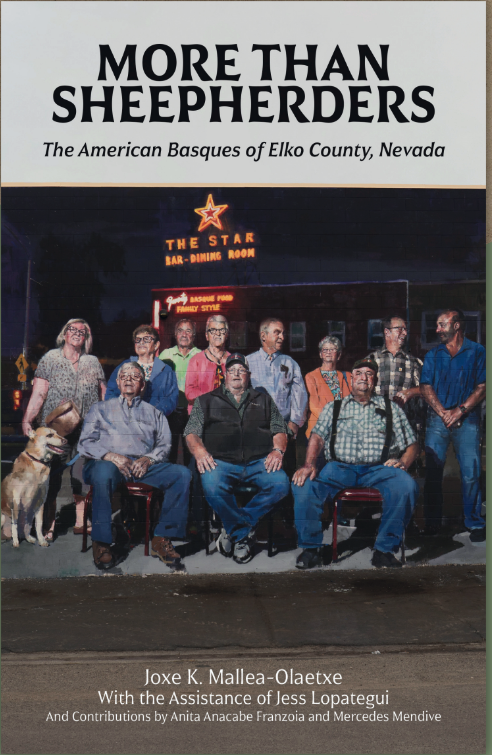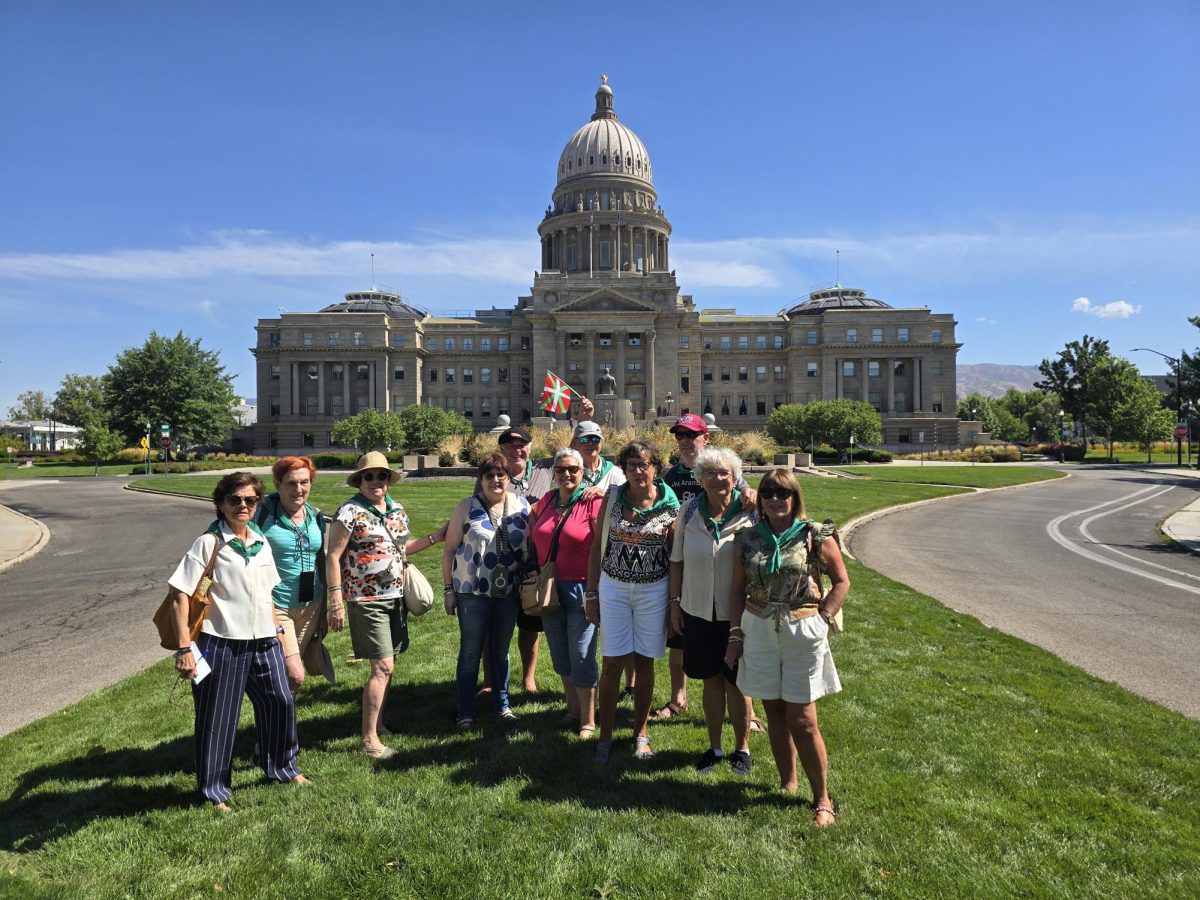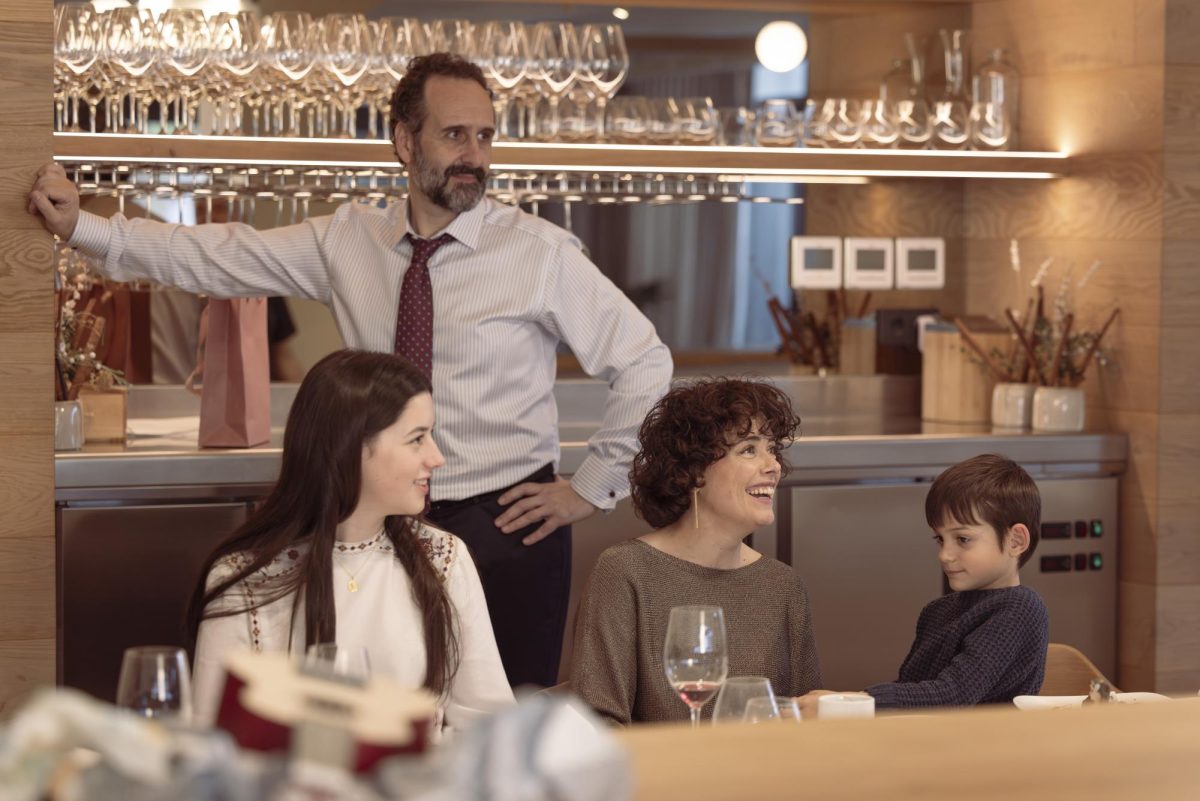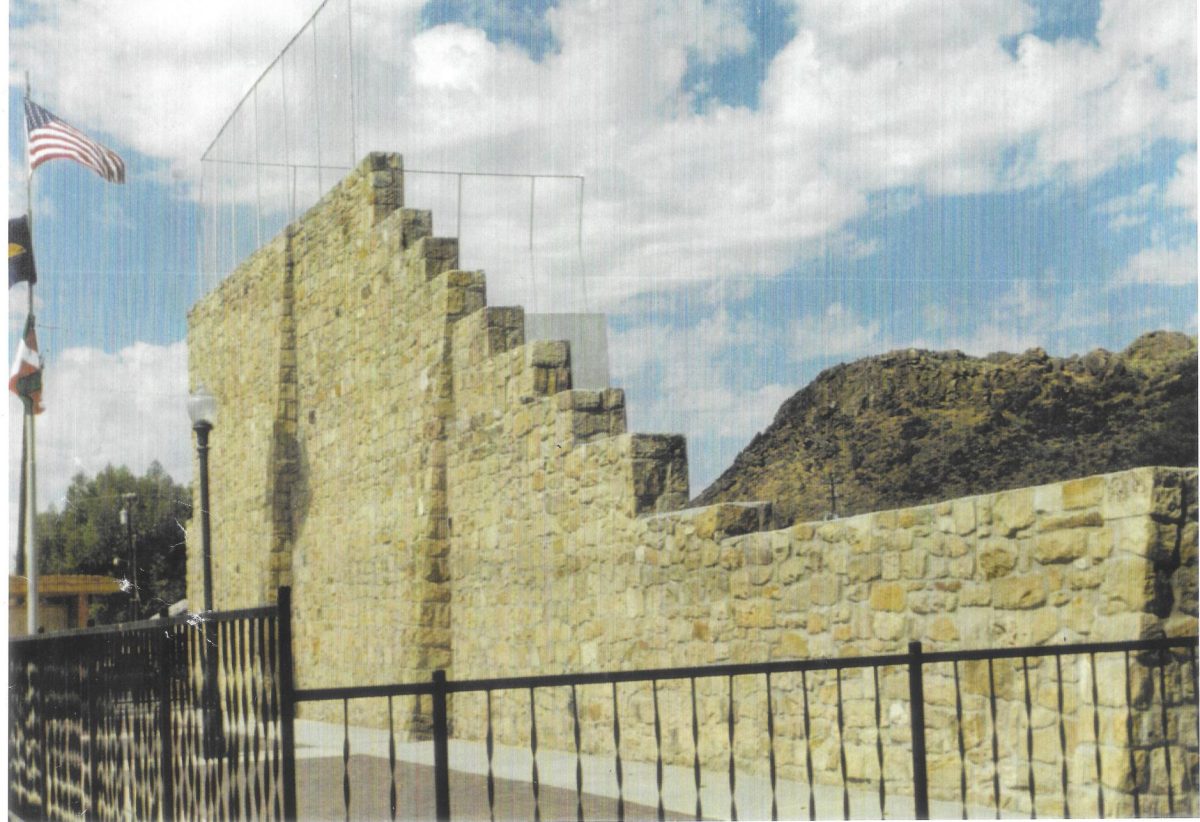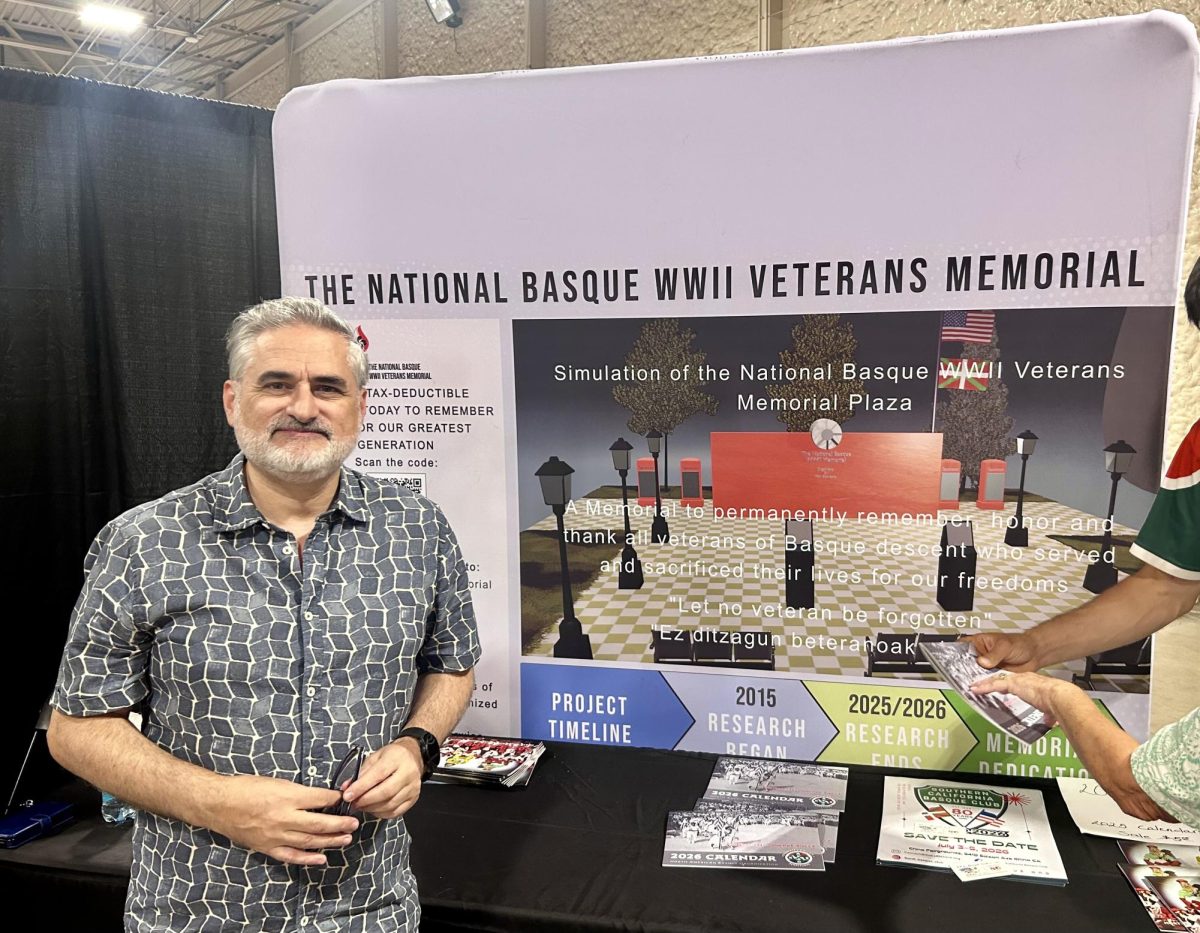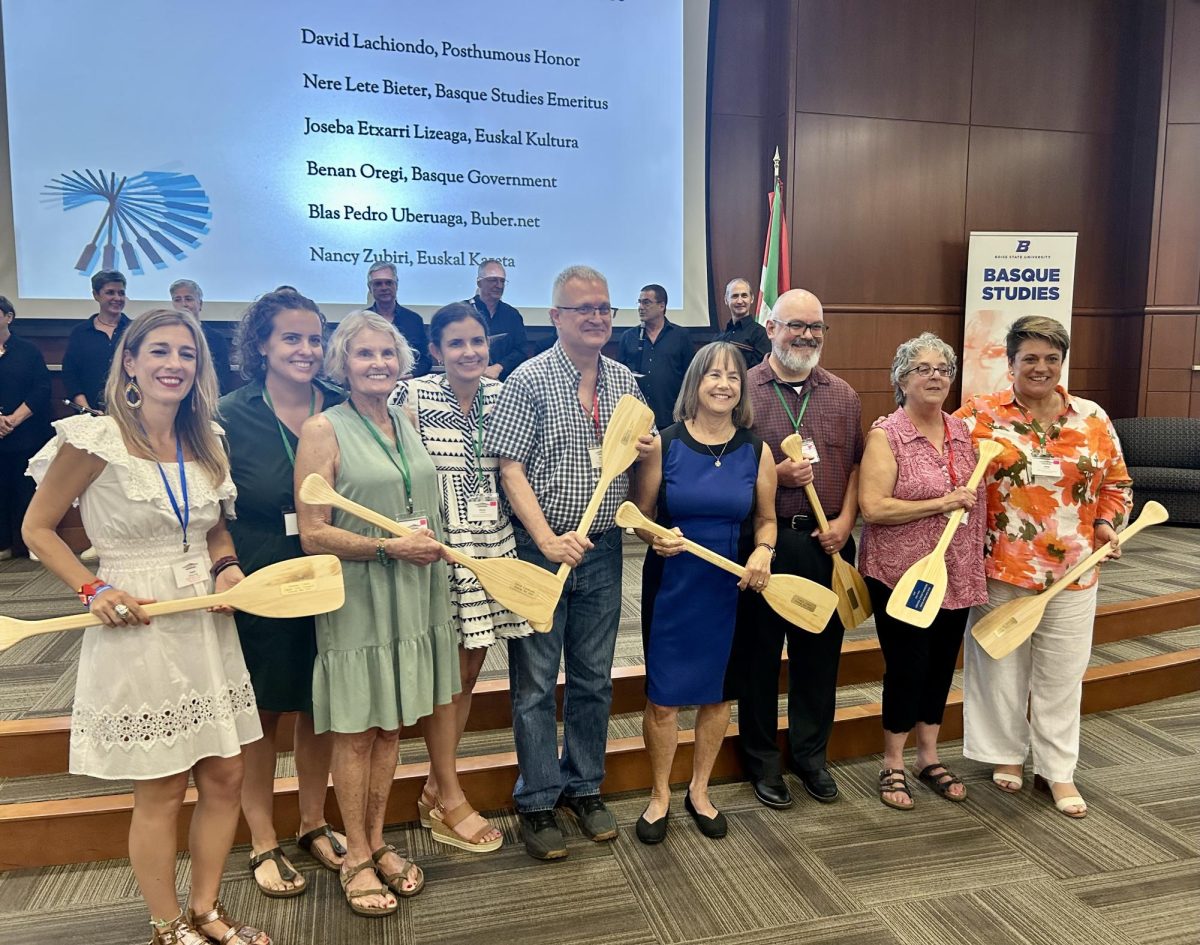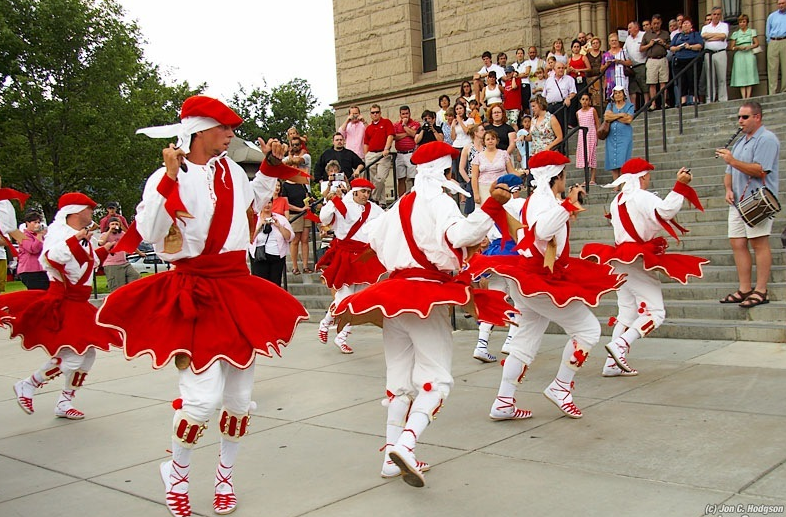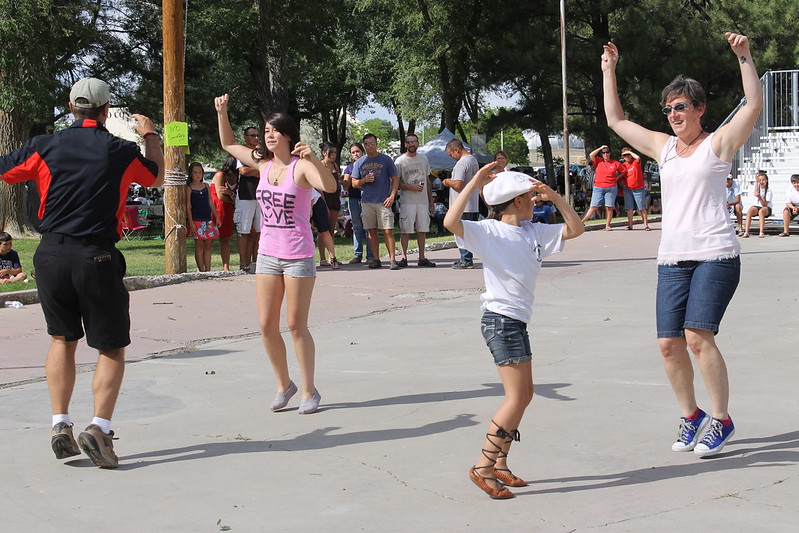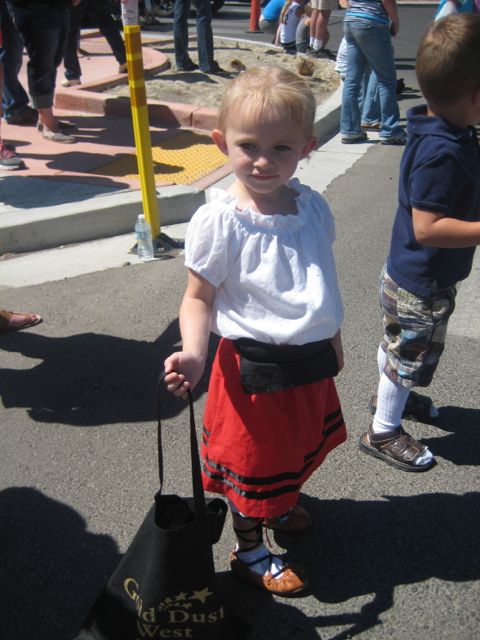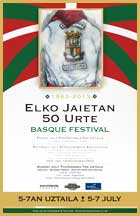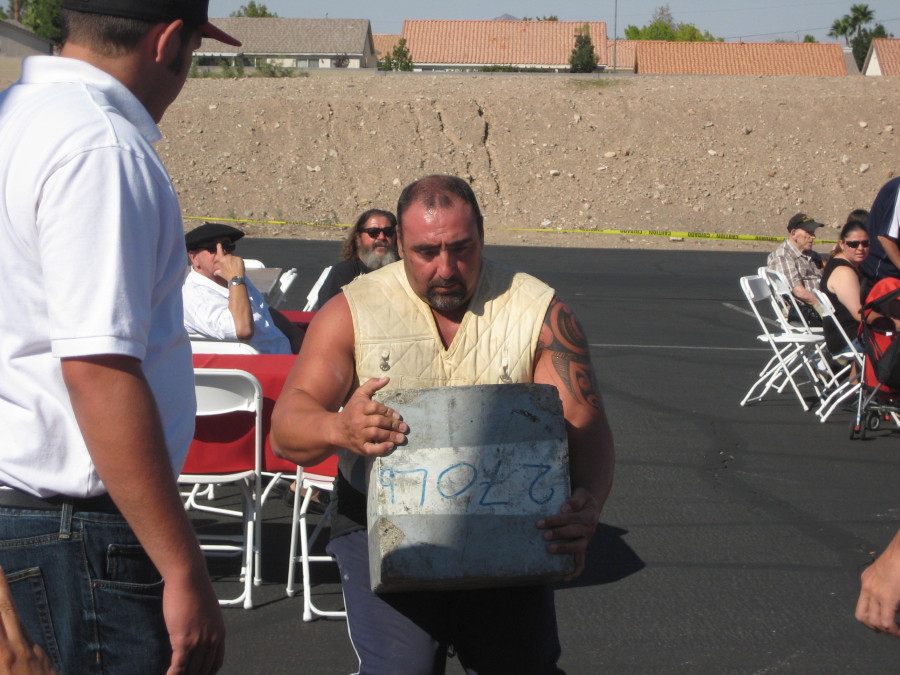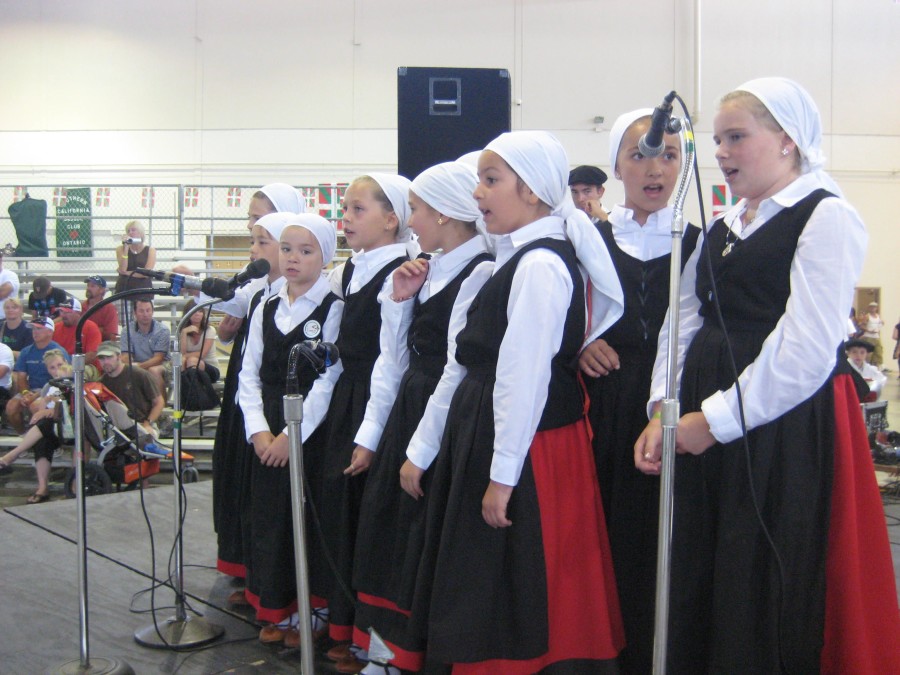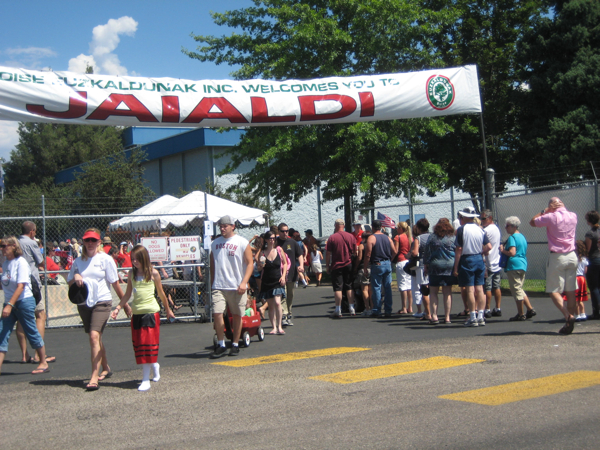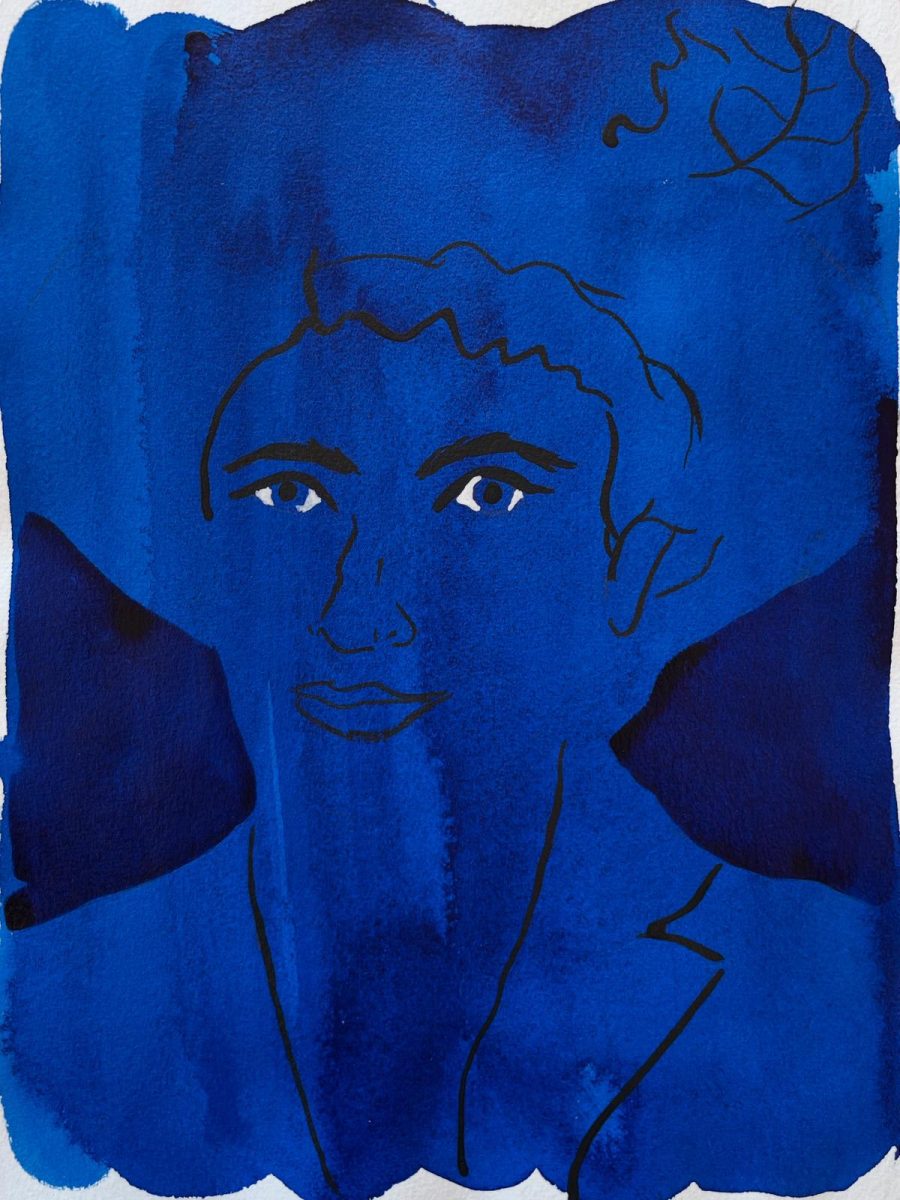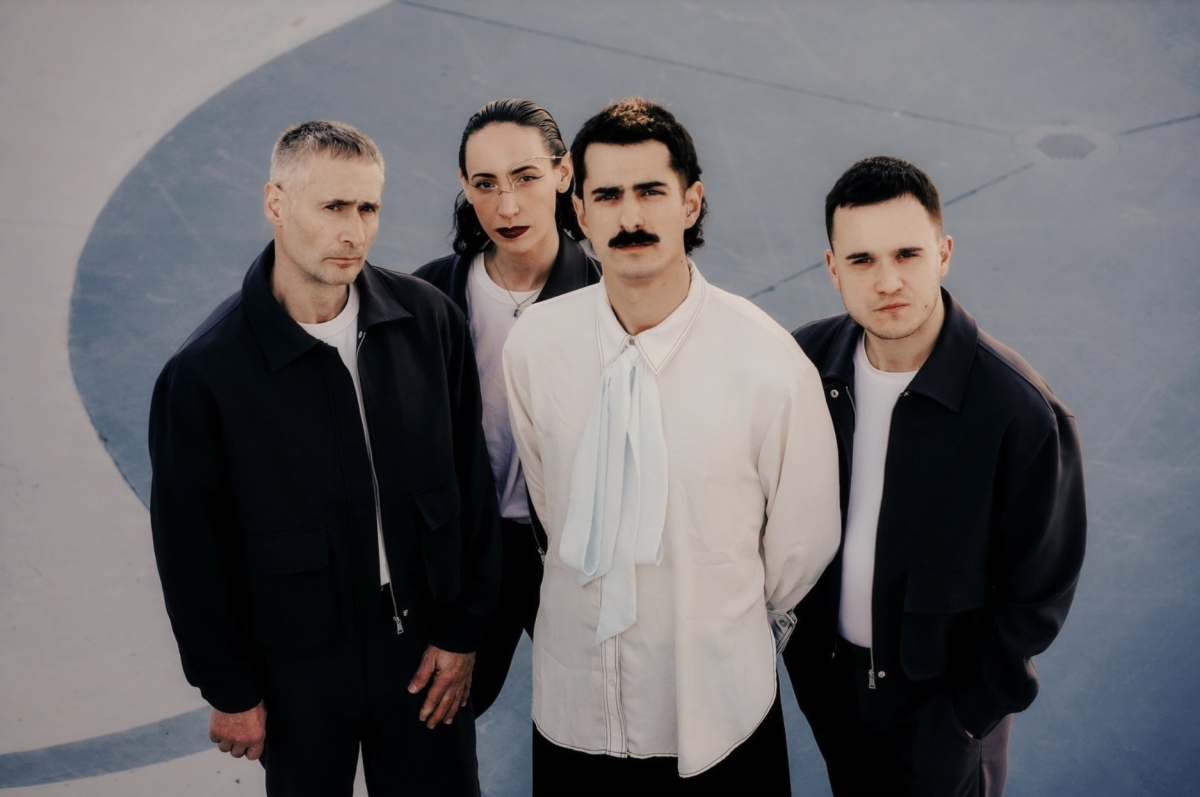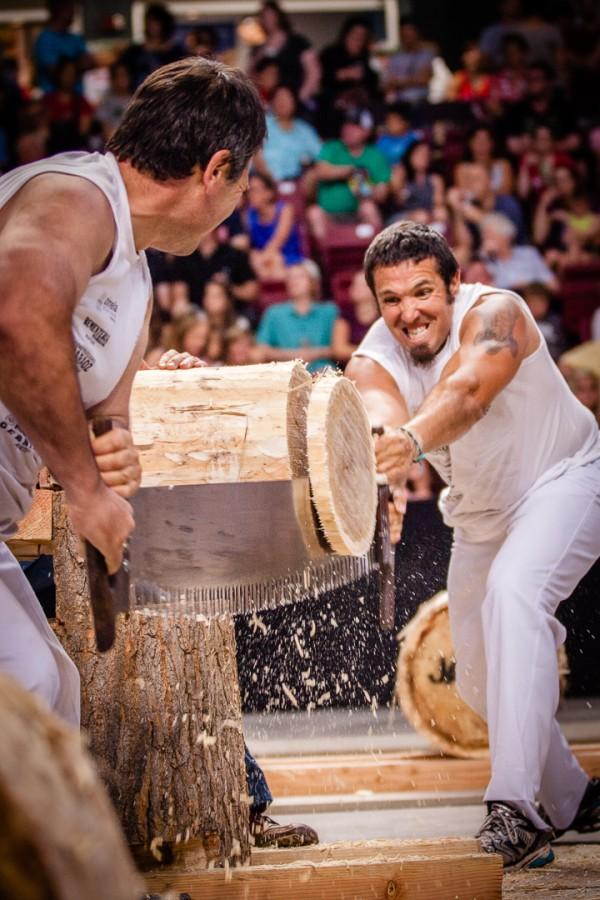More Than Sheepherders:
The American Basques of Elko County, Nevada
Joxe K. Mallea-Olaetxe
With the Assistance of Jess Lopategui
And Contributions by Anita Anacabe Franzoia and Mercedes Mendive
University of Nevada Press (Reno and Las Vegas: 2025)
Is this an anthology, a personal memoir or an historical treatise? The answer to all three is yes.
Joxe Mallea first visited Elko, Nev. about 1970 as a Catholic priest. Soon thereafter, he left the priesthood and has followed his star to many places and contexts since, yet always circling past and through Elko.
Mallea illustrates this book with photos gleaned from archives, borrowed from Elko Basques, or from his own collection of snapshots that he has taken in Elko over more than half a century.
The authorial text on the cover of the publication that attributes “assistance” to Jess Lopategui and the “contributions” of two others is virtually unprecedented.
The book opens with a fantasy authored by Mallea. The setting is the kitchen table of a Basque farmstead in which a father questions one of his younger sons regarding what he plans to do for the rest of his life. “You remember your uncle Manu? He is in Galipornia or someplace they call Elko, Nevada. He wrote that running sheep is good business over there. In fact, he asked about you. After all, he is your godfather. He says he will send money for the passage too. So what do you say?” The son answers by singing a well-known Basque folk song:
| Euskara | – | English |
|---|---|---|
| Amerikara nua, | I am going to America | |
| nere borondatez | by my own free will | |
| Emen baino izateko ustez | Hoping to be better off than here. | |
| Aspertua bainago emengo bizitzez |
Because I am bored with my life here |
|
| Adio aita ta ama, | Goodbye, father and mother, | |
| ondo bizi bitez. | take care of yourselves. |
From here we immediately jump back to his description of a prehistory that demonstrates that the Basques are the oldest people in Europe. We will voyage from there through the five centuries of Basque emigration to the Americas —- including a detour into the influence of the first archbishop in Mexico City, the sixteenth-century Basque prelate Juan de Zumarraga (the subject of Mallea’s doctoral thesis), and the 19th century settlement of Basques in northeastern Nevada.
Mallea provides a history of greater Elko which he divides into New (from about 1975) and Old (the former ranching town and the current mining one). He, and most of his interviewees, prefer the former.
The author contends that the only really meaningful history is local and can only be known through the trifecta of personal experience, interviews with the participants, and the analysis of written documentation.
Change is intrinsic to history, demonstrated amply by Mallea’s treatment of each subject as more of an on-going video rather than a snapshot of a frozen moment in time. It is also clear that the sources may differ on particular points, at times irreconcilably so, at which time the author plays God in privileging the most plausible interpretations.
The two overriding concerns in this text are: the role of women (which according to him, is totally overlooked in most of the published literature) and the multiplicity of occupations held by Basques (hence the title of the book). We are therefore told about cattle ranchers, hoteliers, miners, professionals (teachers, engineers, lawyers, lawmen, public officials, and, yes, sheepherders).
There is also the sound of silence. What the informant or document does not say may be as meaningful as the explicit message. The same is true of this text as Mallea’s personal memoir.
In his treatment of Elko’s Star Hotel, Mallea concludes by peeking at the future:
“If the Star lives to see 2125, will the Elko Basques still be celebrating their yearly festivals?
“There are few models for the Star to follow because there are no Basque hotels that have lasted 200 years. But there is always a first time. Even if the Star should change hands and one day be owned by non-Basques, it would not be a big deal if it continued serving semi-Basque food and picons.
“The Star has a lot of potential, and if gold mining keeps up, it will be in business and do well. Gradually, its American Basque character might fade, just like the Basque culture itself will decline. Yet there is always history to remind us of the heroic times of (the original owners) Pete Jauregui and Matilde Eizaguirre in 1910.”
Buy this wonderful book. Buy it on Amazon.
Upcoming book signings with Mallea:
Friday, July 4, at the Elko Northeastern Nevada Museum from 1:30-3:30 p.m.
Saturday, July 5, at Elko’s Euzkaldunak Clubhouse in the afternoon.
Saturday, August 2, at Boise’s Basque Museum at 11:00 a.m.

